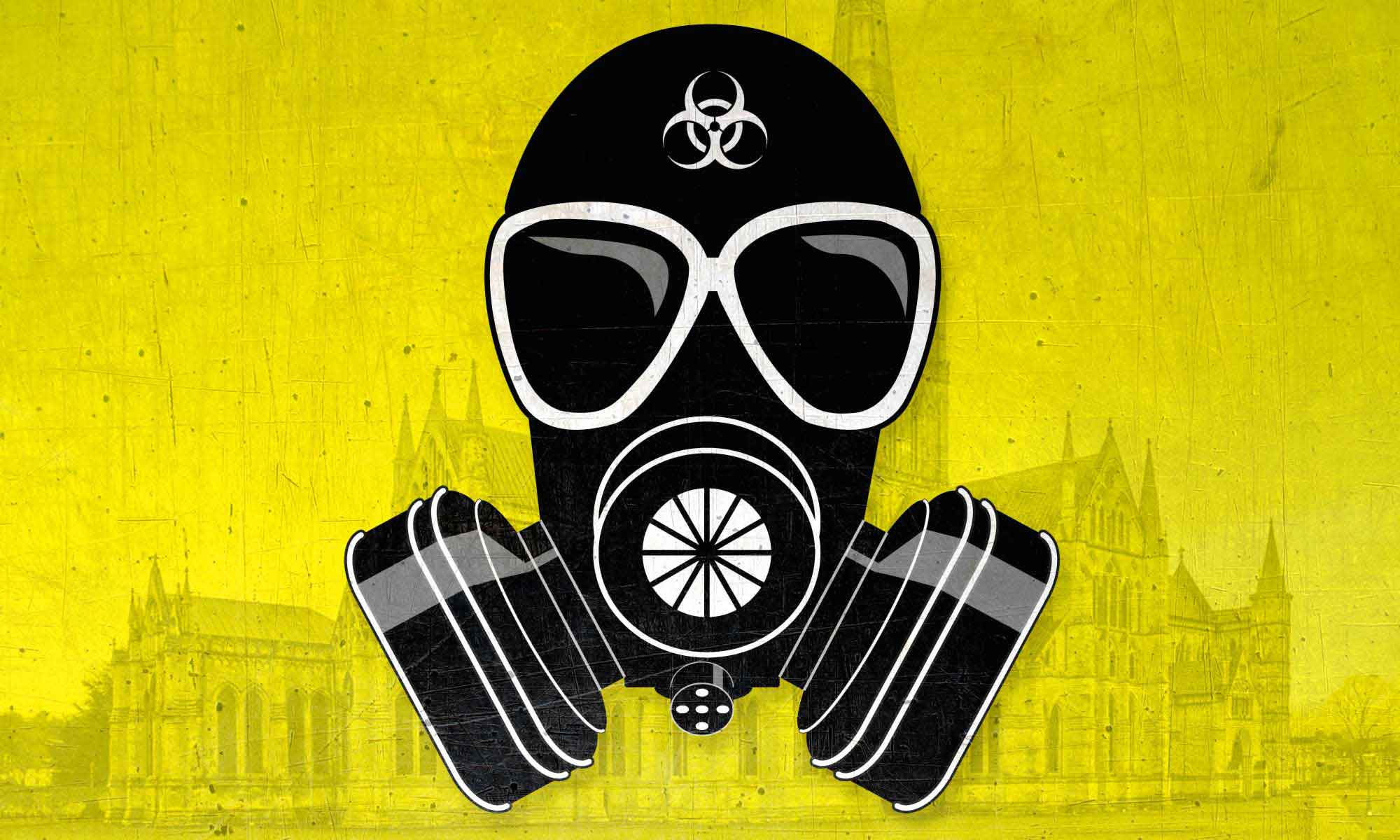Yesterday, the Government’s Chief Medical Officer Prof Dame Sally Davies made a statement. An important statement for any of the 500 or so people who had visited the restaurant and pub in Salisbury where trace amounts of the substance used to poison ex-Russian spy Sergei Skripal and his daughter were found.
Now I don’t live in Salisbury. But my gut feeling, if I did, is that any advice about possible nerve agent contamination is probably worth listening to.
The advice: to machine wash clothes or double bag dry clean items and wipe mobile phones with baby wipes.
Putting to one side the fact that this advice came 7 days after the event, when presumably you will have used your phone once or twice and worn those very same clothes again. And ignoring how you feel about baby wipes and their ferocity against a nerve agent. The UK’s Chief Medical Officer made this apparently important Government security announcement standing on a windy street, wearing sunglasses and reading from a piece of paper.
Analysis
- The entire statement was read with her head down and no eye contact
- Her increasingly ruffled hair became the focus, rather than what she was actually saying
- The location, on a random street, gave her no authority
- Her sunglasses were distracting and created a barrier between her and anyone watching
Take away
Anyone in a senior position, making an important statement, should do their best to make themselves familiar with what they’re about to say, a few downward glances to remind yourself where you are is fine, but straight reading does not imbue confidence. Looking into camera/at the interviewer gives reassurance to those you are talking to.
A statement should be made in a location commensurate with the importance of what’s being said, not on a windy sunny street.
Although the advice she issued was a precaution where she said the risk to the general public was low, I would advise more compassion and reassurance for those 500 people who may now be very concerned about where they may, or may not, have spread this nerve agent and what the health implications are.






